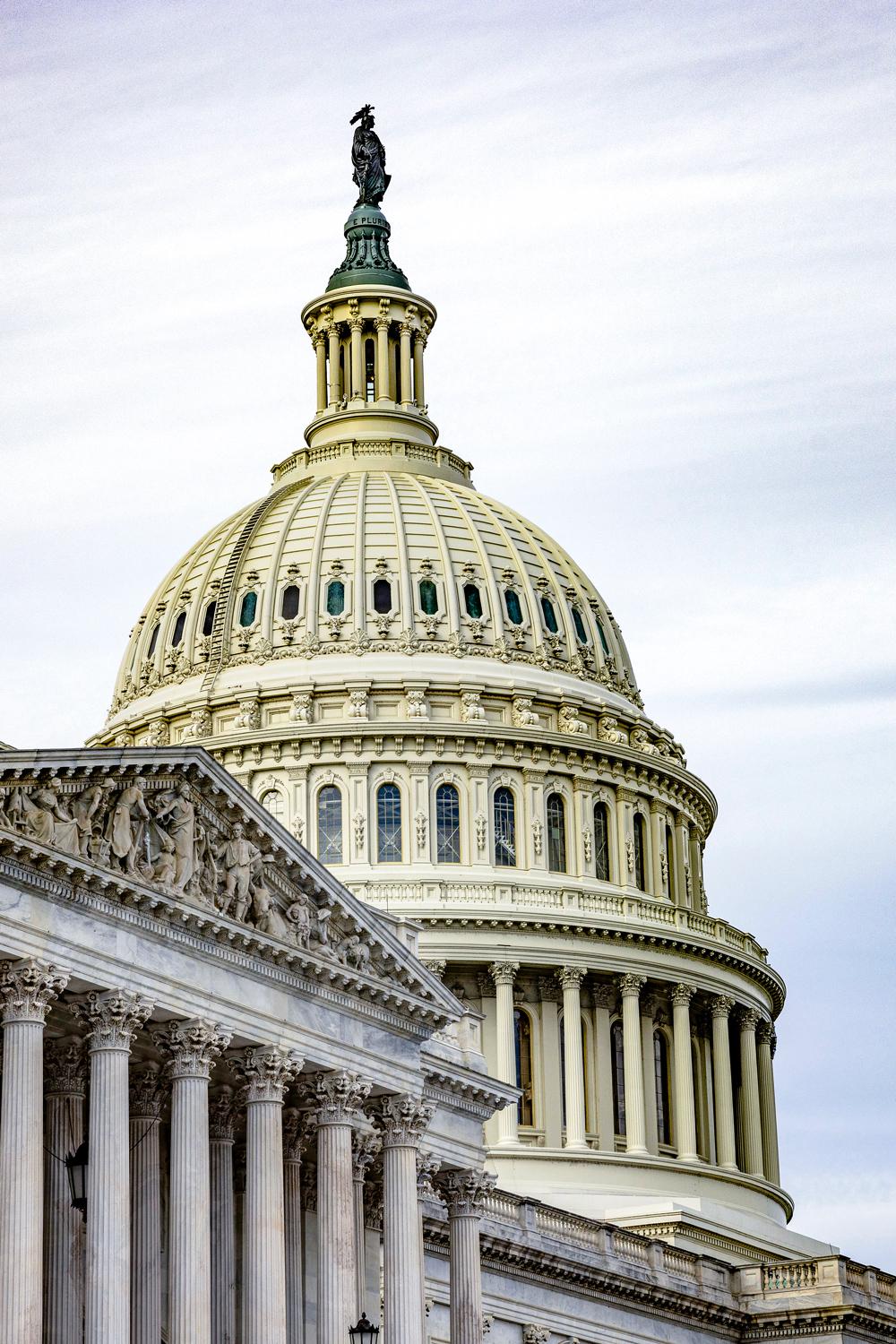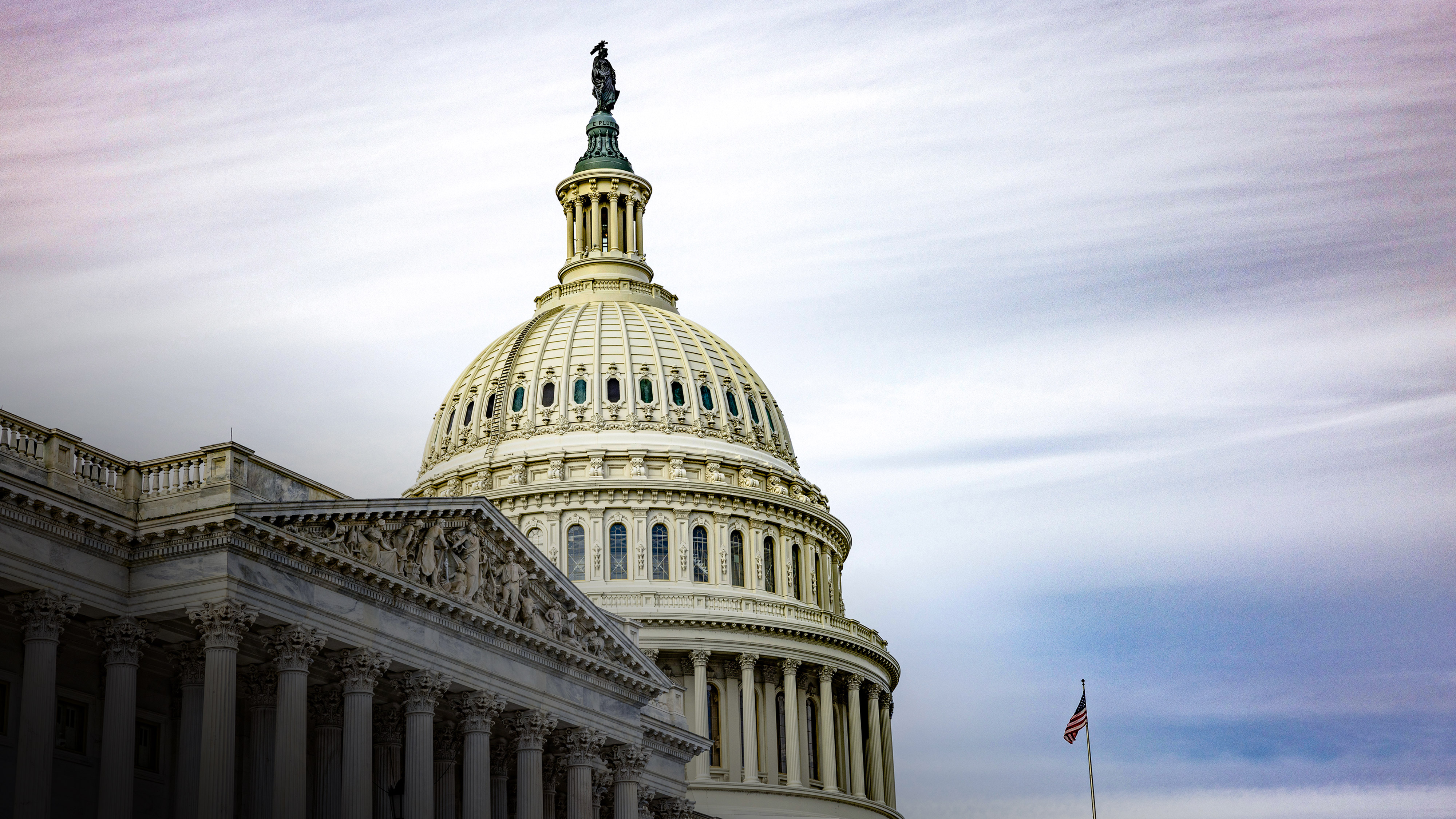News Analysis
The 119th Congress of the United States will officially sit for the first time on Jan. 3, 2025—marking the official close of the particularly tumultuous and divided 118th Congress.


The 119th Congress of the United States will officially sit for the first time on Jan. 3, 2025—marking the official close of the particularly tumultuous and divided 118th Congress.